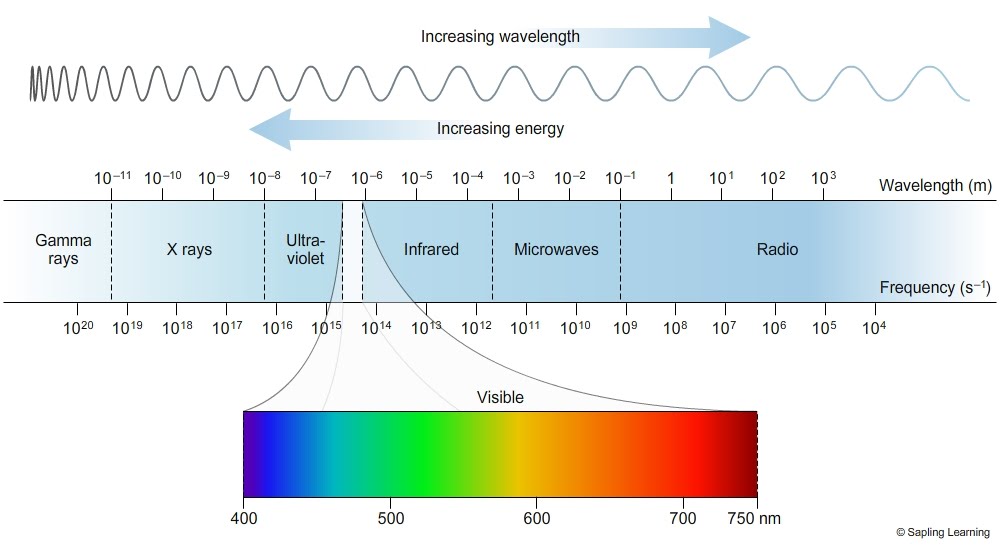In at least the ELU hyperlocal environment, the claim that 'white noise' has only one meaning seems to be mostly unchallenged.
For example, as commentary on a recent question (now on hold) titled "White Noises...", where "white noises" was used with a common colloquial sense (as well as one or more potential jocular senses), this comment appeared (emphasis mine):
The title of this question is misleading. The term white noise is taken: en.wikipedia.org/wiki/White_noise.
Later, another comment to the same effect showed up (emphasis mine):
White noise has a specific meaning.
The claims flabbergasted me. The idea that any phrase in common use in English could have only one meaning seems obviously contrary to fact. Equally absurd was the claim that a term (in common use etc.) could be "taken" and thereafter reject all subsequent changes and development of meaning.
In this case, a simple lookup in OED (paywalled), a historical dictionary which is not renowned for up-to-the-minute lexicography, reveals that 'white noise' has at least two major senses.
The first sense recorded in OED, shown in an entry updated a mere 4 years ago, is the well-known technical sense:
1. Noise that has effectively equal energy intensities at all frequencies etc.
The second sense (op. cit.), attested as recently as 2014, gives the broader but (to me) common colloquial denotation:
2. A continuously delivered mass of information, facts, etc., in which detail is obscured.
In addition to those two senses, the second of which applies to my use of the term in the question title, I speculate on the basis of my "intelligence guided by my experience" (Rex Stout) that 'white noise' has acquired more figurative senses even than that given as sense 2 by OED, which derives from the original technical term (OED sense 1).
Can anyone provide solid evidence corroborating my speculation that 'white noise' presently enjoys common, more figurative use than what is shown as OED sense 2?

